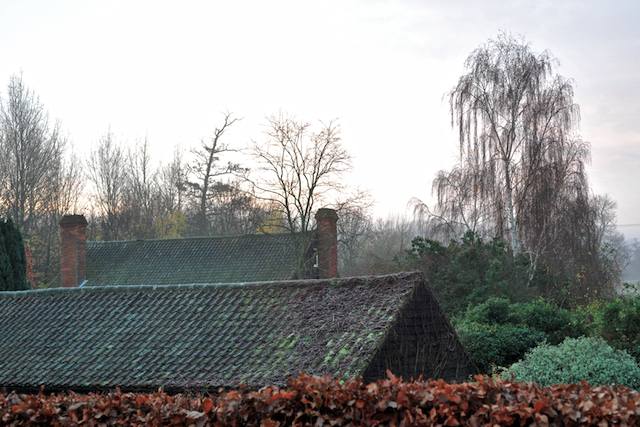From Mark Andersen…
As many will have noticed this weekend, Russia slipped even further from the landfall of democracy, as Putin’s handpicked legislature voted almost unanimously to increase the presidential term from four to six years. Not only does Vlad intend to serve those next two sixers himself, but the smart money is on Medvedev stepping down early so Vlad can get back in sooner. Why change the curtains after all?
The funniest part of this whole charade: only one party had the guts to stand up to Putin’s self-serving antics, and vote No on the extended term. Want to guess who they were?
The Communists.
And that should tell you all you need to know about the State of the Russian Union. The Communists are opposing the KGB (FSB).

